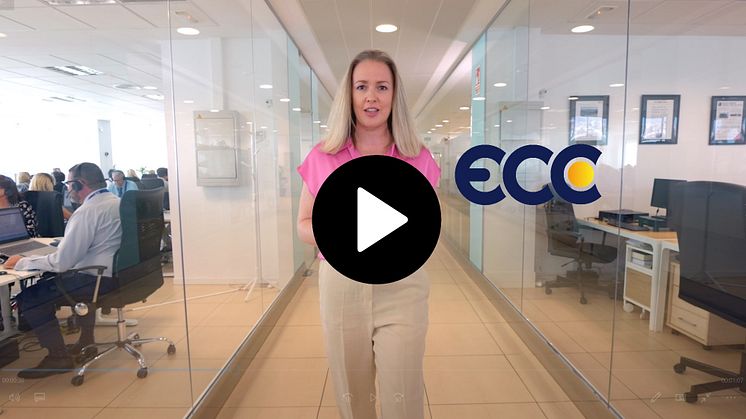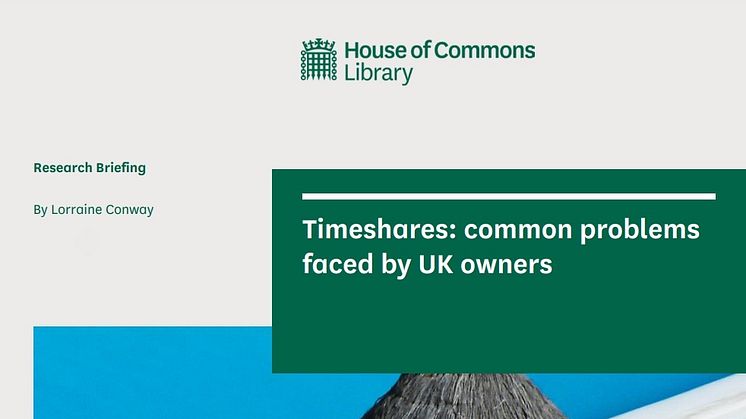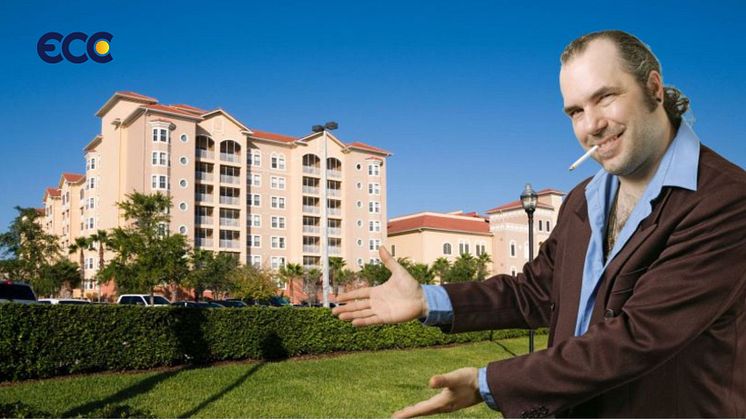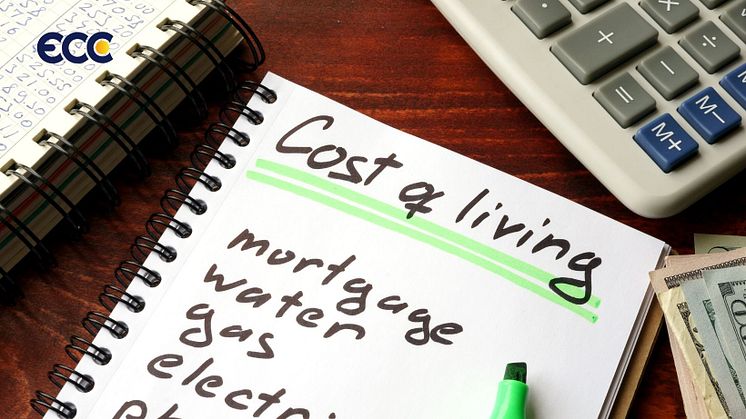
Press release -
Fractional ownership: The new face of timeshare
Fractional ownership was touted as the evolution of timeshare. So what exactly is it, and what problems was it designed to solve?
Pride of ownership

"No need to rent the room; buy the hotel, it's cheaper!” was the 1963 sales pitch of the world's first timeshare resort: Super Devoluy in the French Alps.
In the six decades since, millions of timeshare owners have been sold on variations of the same concept. We would all love to own a luxury apartment in (for example) Spain, but the cost can be prohibitive, and anyway how much time would you actually spend there each year? One week? Two...?
What if you shared the cost of that apartment with 51 other families, and each of you owned one week per year?
So neat, so clever, so intuitive. Pride of ownership, but only owning what you need.
The issue with timeshare

The trouble is, that timeshare owners don't own part of a property. That impression was given by sleight of hand. Paying to own one week of timeshare, creates the illusion that 52 families own an apartment between them, when in fact this is not the case.
They own something called 'the right to rotational occupancy.'
What's the difference? In the short term with costs and year-by-year functionality, very little. However when members try and sell their ownership they discover that it has negligible resale value. Timeshare generally can't even be given away because very few potential buyers want the commitment of paying the annual fees.
This is when members realise that all they paid (many thousands of pounds) for, was basically the 'privilege' of committing themselves to using the same hotel every single year, whether they wanted to or not. That initial joining cost did not include the hotel fees. Those still had to be paid every year, even if they didn't go on holiday.
When this became common knowledge, it presented a serious challenge to new member sales, and also Inhouse upgrades.
But what if timeshare really was a share of a property?
A fractional solution

Fractional ownership: Billed as working like timeshare, with similar joining costs and annual fees, but you actually do own a corresponding, deeded share of the property.
Surely this was it? A huge timeshare problem solved.
No longer would resorts need to come up with ever more inventive ways of explaining why your money is gone forever ("No, it's not an investment per se. But it IS an investment in yourself/your holidays/your family...")
Now the membership could be touted as an actual investment. You theoretically owned a share of a property. In the short term property value can go up and down, but in the long term it only ever increases.
Finally timeshare seemed to have blossomed into what it was always supposed to be. The Wild West years were apparently over, the product had matured and now offered something more wholesome and trustworthy. Like the promise of a new Las Vegas after the Mafia was forced out during the1960s.
So what went wrong?

The flaw in fractional ownership lies in the perennial greed of timeshare industry bosses.
"Instead of taking this idea, making it work, and creating a sustainable future for the sector by providing genuine value for customers," says Andrew Cooper, CEO of European Consumer Claims (ECC), "many resorts used the concept to mask dishonest, short term gain."
The Fractional Ownership label was used as a veneer to sell countless memberships, ostensibly backed by the promise that they were based on real property possession. The club would last for a fixed amount of years and then the property would be sold. At that point the proceeds would be distributed between the current members. If you wanted to sell before that, then you would need to do so either privately or through the club. But as this was actually shared property ownership, it was difficult to imagine any downsides.
Technically the premise was true except, generally, for two important aspects:
1: No profit: There were no deeds given in most cases. Only a certificate of ownership from the resort. In the case of Diamond Resorts Europe, or CLC World, it was contractually agreed that a year or so before the club maturing, the property would be valued ready for sale. Then any proceeds would be shared by the owners. Without actual deeds, the apartment would be sold many times over, with more people owning certificates than was ever possible to accommodate.
This huge amount of owners meant that the 'fractional property' was generally so overpriced at the initial sale that it would take more than a human lifetime before any type of profit could be made by selling the property itself.
Basically the new fractional ownerships were just ordinary, illegal floating weeks sold in a different way.
- Example: A CLC World fractional purchase equating to one week costs around £15,000. However with an uncapped amount of owners a single apartment could potentially be sold for a total initial price of many millions of pounds. For an apartment worth maybe £200,000.
- The maintenance fees are charged at around £1100 for the amount of points purported to represent a week. But with what equates to many more than 52 'weeks' being sold per apartment, CLC world can charge the owner pool tens or hundreds of thousands of pounds for annual maintenance for that apartment. Vastly more expensive than community fees in an equivalent standard apartment block, which would be around £3500 for a full year.
2. No sale: The contracts are generally written with myriad clauses and conditions that prevent a sale from ever happening. Eg, every single owner has to be in agreement. (If one owner doesn't reply or attend the meeting to discuss the sale, then the club lifespan is automatically renewed.)
- ECC has never heard of a fractional unit secondary sale being completed as set out in the initial sales pitch. We welcome evidence to the contrary.
With the possibility of a sale and accompanying chance to make a profit (or realistically, get any money back at all) gone, fractional ownerships are arguably just ordinary floating timeshare in disguise. Poor value, restrictive and burdensome.
Legal hope
If you are one of the hundreds of thousands of people who feel duped into buying fractionals, there may be help on the way.
There are various actions in progress to challenge the legality of selling fractional ownership as an investment. If successful they will open the door to wholesale compensation claims against those found responsible. Check back here for updates in the near future.
The subject is a complex one, but while there is no current one-size-fits-all solution to help people mis-sold fractional ownership, there generally is an a way for most owners to achieve freedom from such contracts with expert help. In many cases compensation can be obtained from the entity behind the sale.
For a free, confidential, no obligation consultation on your options regarding a fractional or ordinary timeshare ownership: get in touch with the team at ECC.
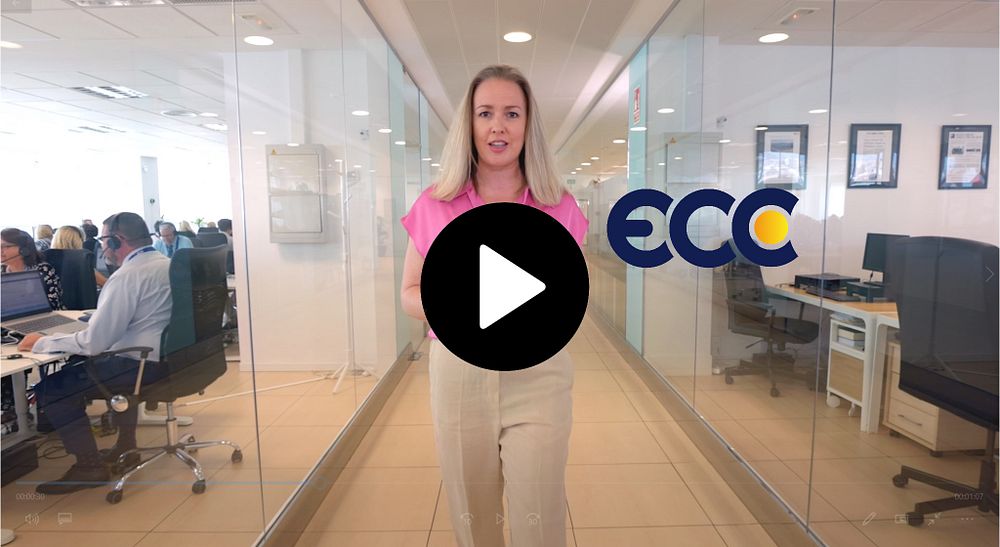
Related links
- European Consumer Claims
- ECC contact page
- Is there a future for the timeshare industry?
- European Consumer Claims: Timeshare travel and COVID
- Is timeshare good value?
- Feet in the desert. Timeshare industry giants disappearing into history
- Fractional ownership – Good or bad?
- Why did people buy timeshares, and more puzzlingly why do they stay members?
- Do you qualify for timeshare compensation? A quick guide:
- ECC blog and update page
- Escaping unwanted timeshare memberships
- Can timeshare owners in Spain really claim compensation?
Topics
Categories
Regions
ECC provides timeshare claims services, expert advice and help
E: (for media enquiries): mark.jobling@ecc-eu.com
E: (for client enquiries) EUROPE: info@ecc-eu.com USA:info@americanconsumerclaims.com
T: EUROPE: +44800 6101 512 / +44 203 6704 616. USA: 1-877 796 2010
Monday to Friday: UK timings: 9am-8pm. Saturday/Sunday closed. USA 9am -8pm EST. Sunday closed
Follow European Consumer Claims on Facebook here
Follow European Consumer Claims on Twitter here
Follow European Consumer Claims on LinkedIn here
Follow European Consumer Claims on Medium here
Follow European Consumer Claims on YouTube here
Follow European Consumer Claims on Newsdesk here
Follow Andrew Cooper (CEO of European Consumer Claims) on Twitter here
Andrew Cooper background article can be read here
Relevant websites for this article





